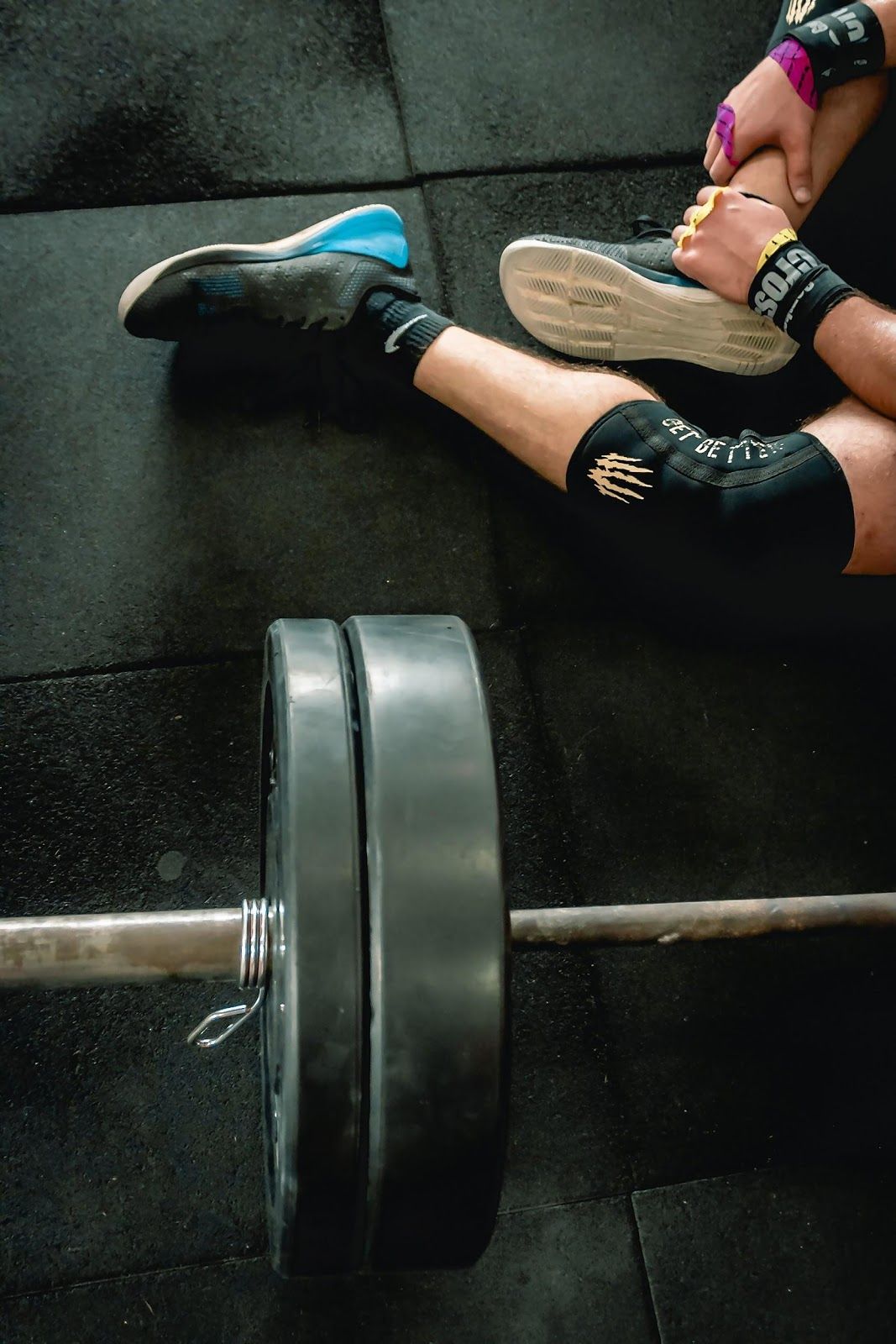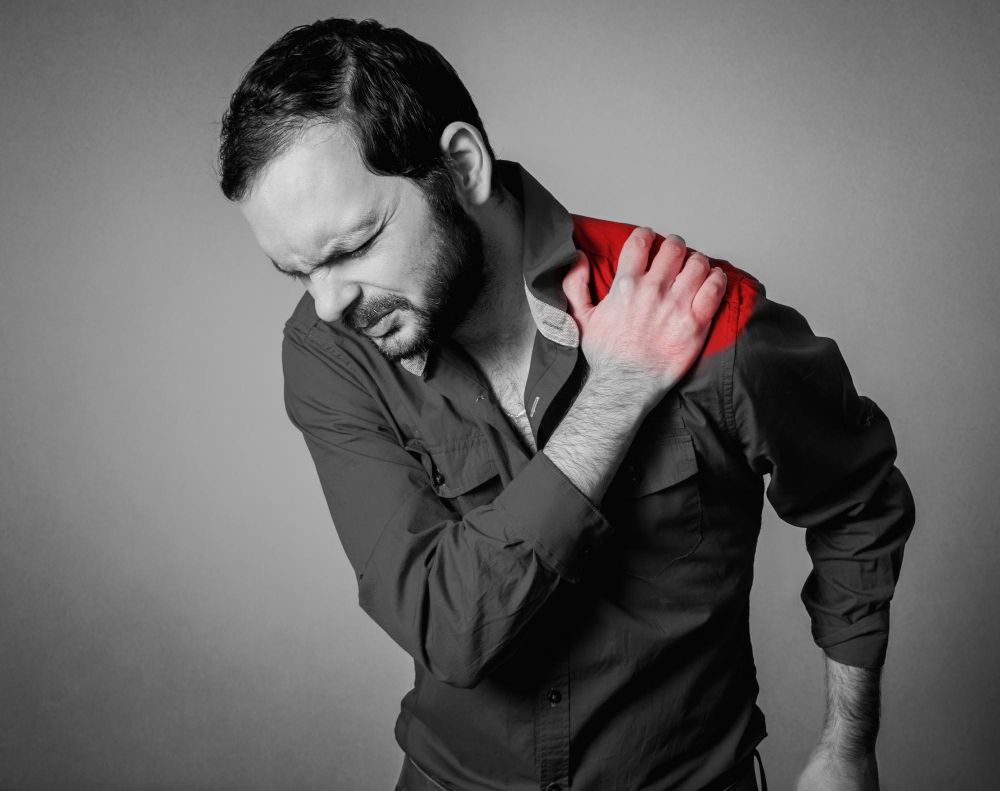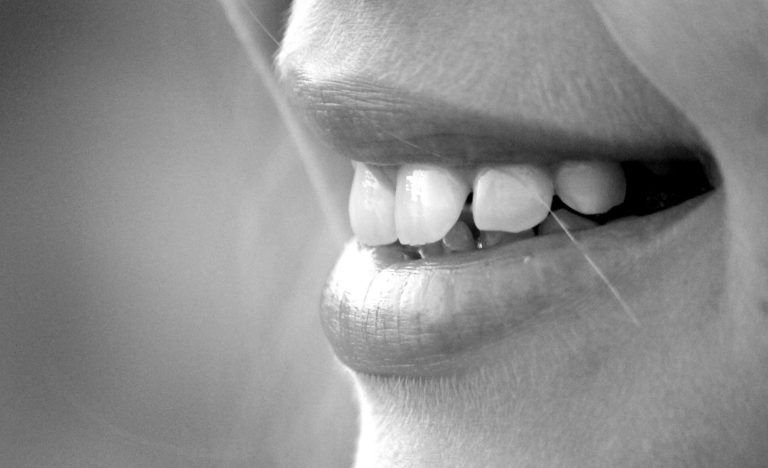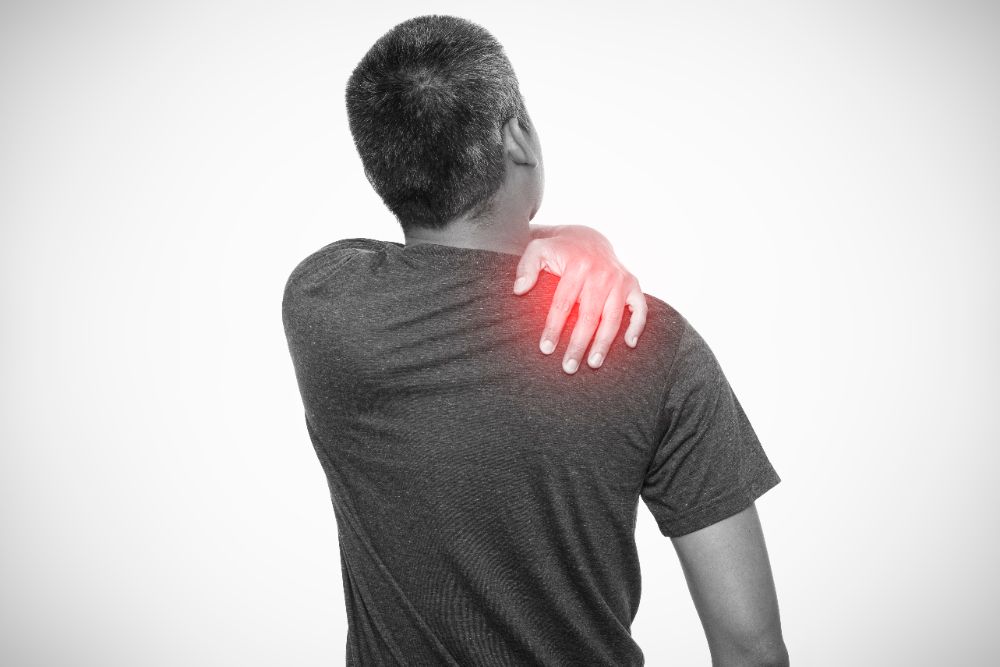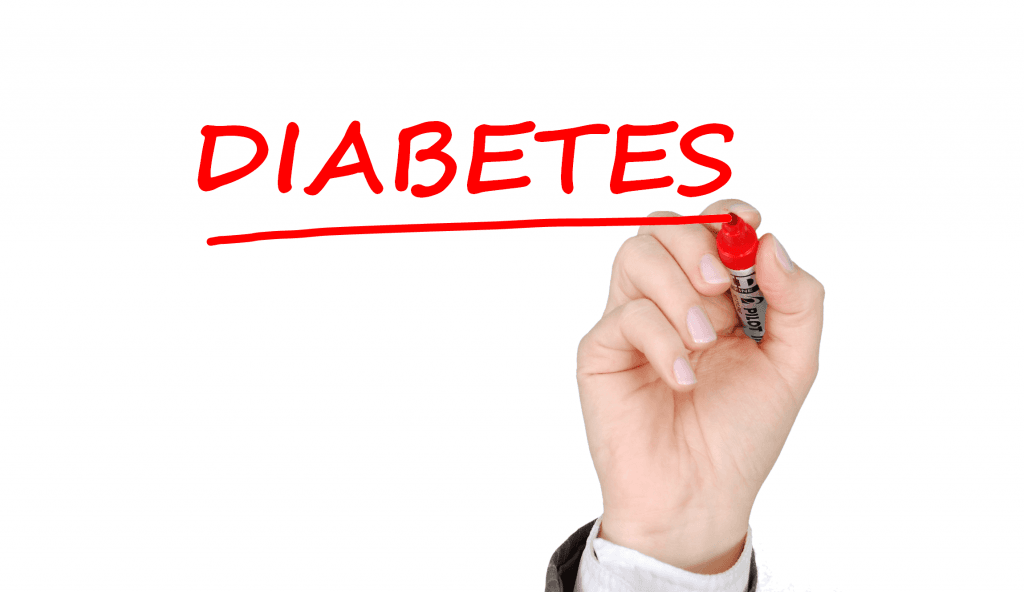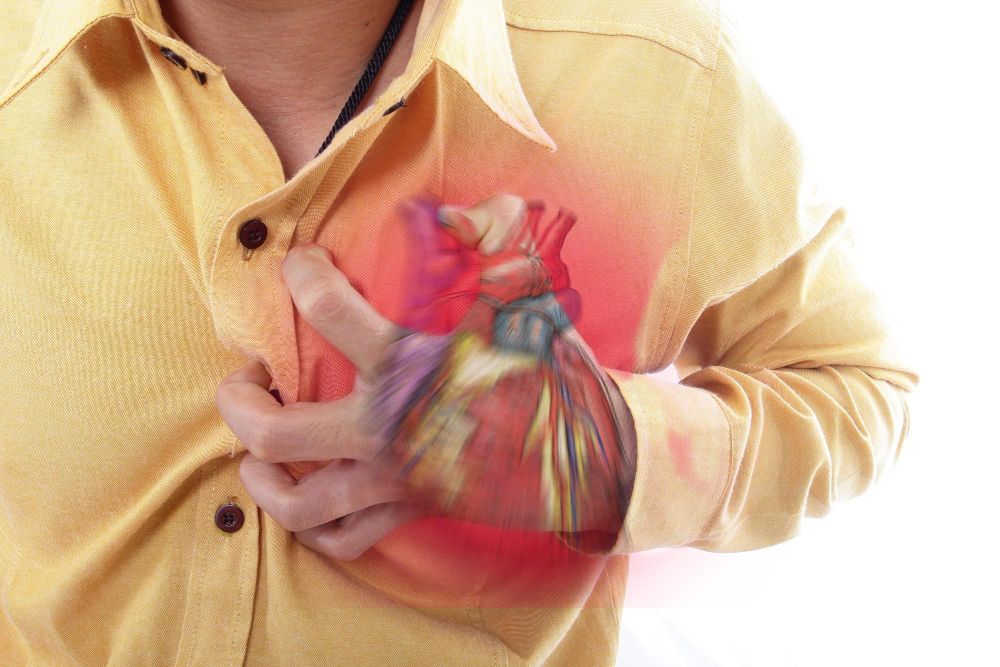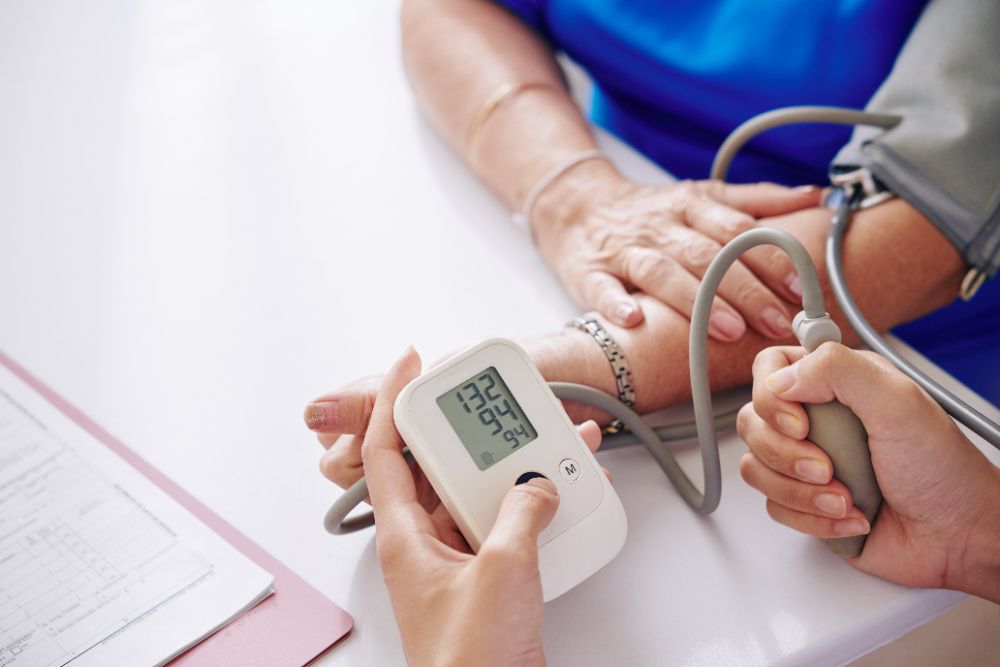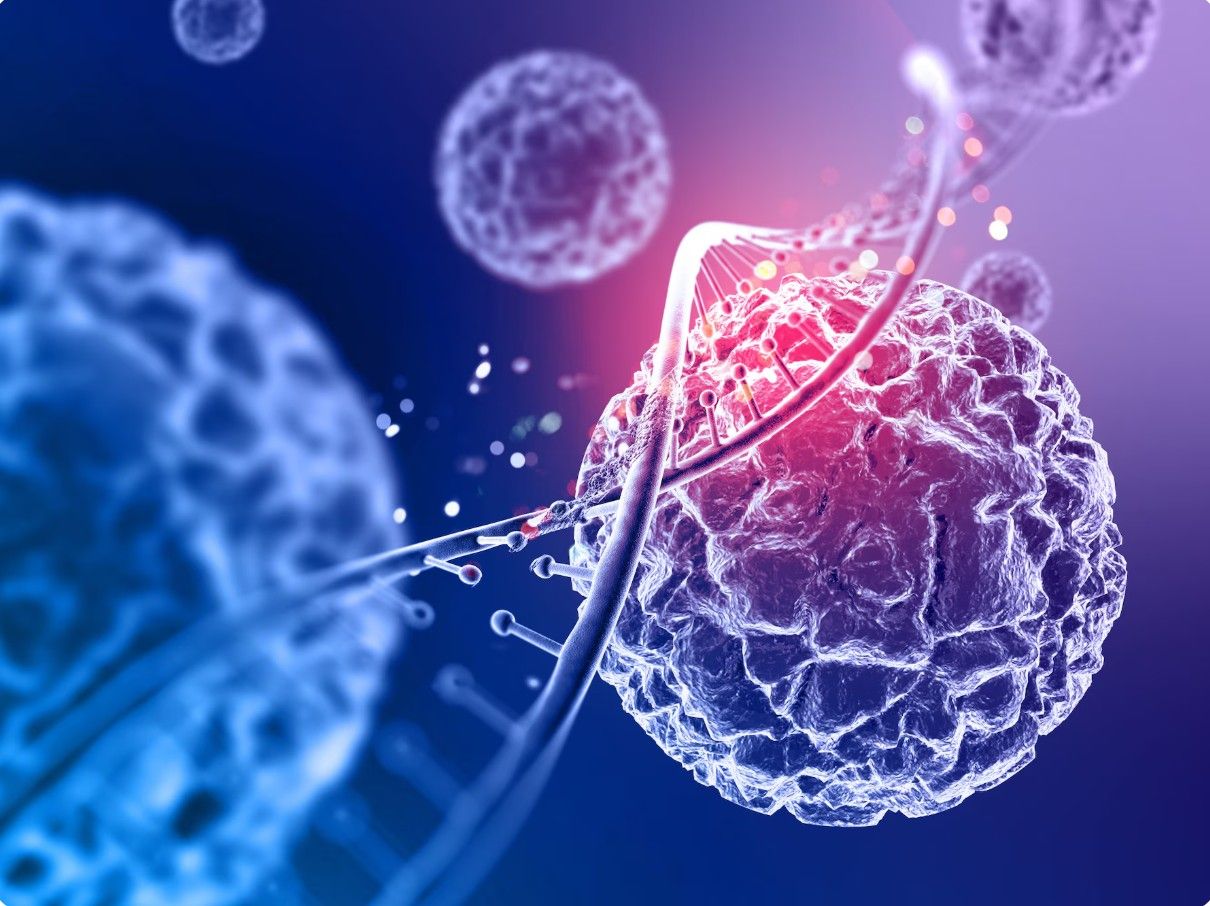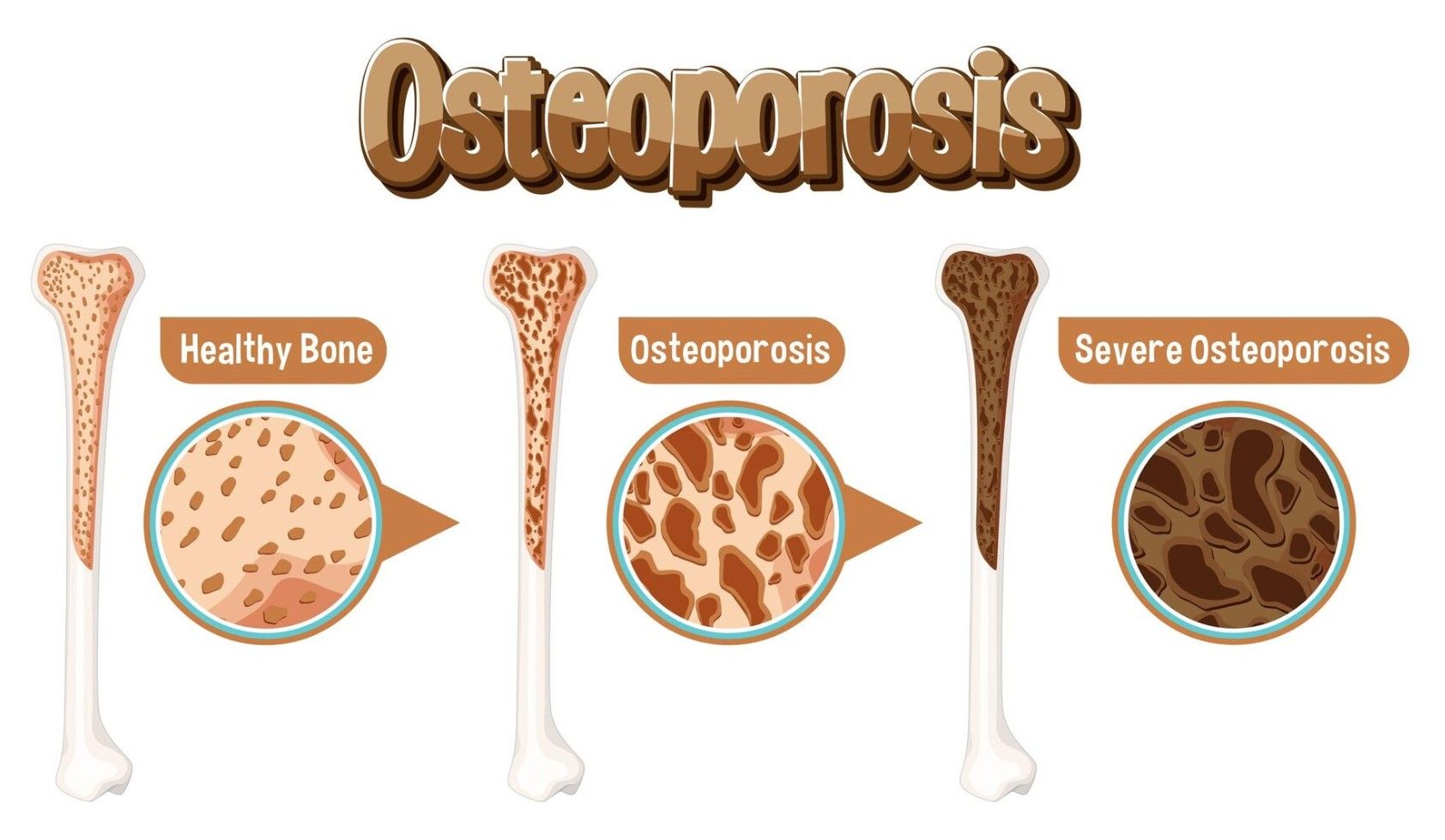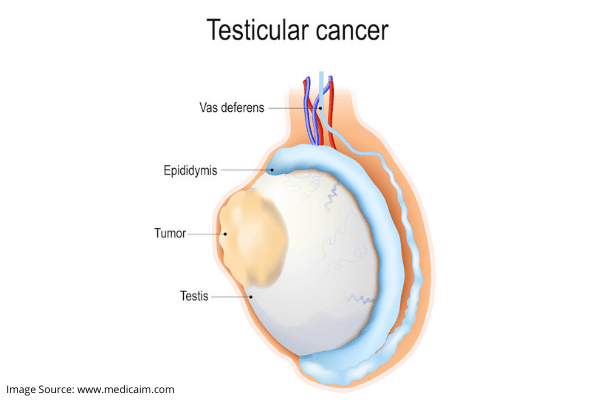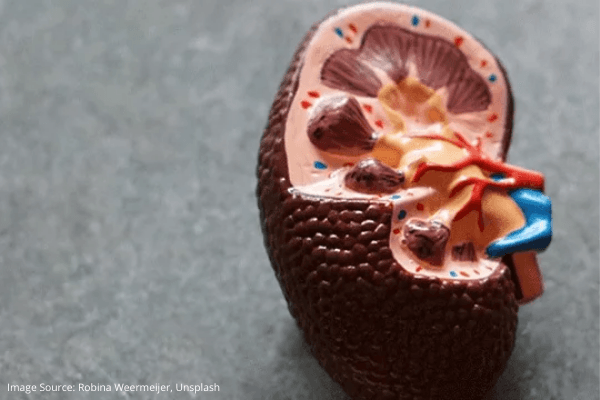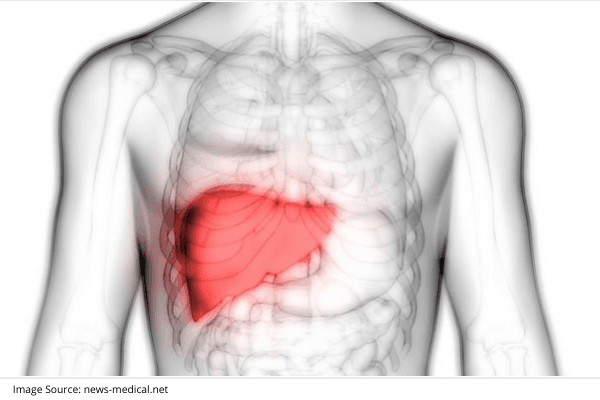7 Facts You Need to Know About Anaesthesia
Today, the medical world is seeing unparalleled advancement in surgical and operational fronts. While many of these procedures are life-saving, none of this would have been possible if not for anesthesia. It is one of the greatest discoveries in medicine prior to which surgeries were just impossible or used to happen at the cost of unbearable pain and sometimes even death of the patient. It effectively numbs the sensations of the patient or causes unconsciousness which enables painless and effective surgery.
Now, numbing parts of your body must be quite scary as we definitely do not want any side effects. You might also worry about the potency and effectiveness of anesthetics, lest it permits any intraoperative awareness, that is sensation during treatment. Who will administer the drug and can anyone take it? What is the procedure? Don't be overwhelmed, because this blog is sure to give you these answers and help you make the best decision for your body.
1. What is anesthesia?
The Australia and New Zealand College of Anaesthetics defines anesthesia as ' the practice of administering medications either by injection or by inhalation, that block the feeling of pain and other sensations, or that produce a deep state of unconsciousness that eliminates all sensations, which allows medical and surgical procedures to be undertaken without causing undue distress or discomfort'. In short, anesthesia is a state where a particular body part or your entire body is numb to sensations by administering medication. Various types of anesthetics are given for different purposes and durations.
2. Is anesthesia safe?
The history of anesthesia is extremely rich with constant efforts by anesthesiologists to attend to the patient's needs. Today, the anesthetics used are highly evolved with much less toxicity and are more potent. According to the World Federation of Societies of Anesthesiologists- "anesthesia is now very safe, with a mortality of less than 1 in 250,000 directly related to anesthesia in most high-income countries". There are some risks associated with anesthetics, but they are quite safe if administered correctly.
3. How do Anesthetics work?
Anesthetics work by stopping the brain signals that keep you awake from reaching the brain. Post this, the procedures administered will not cause you any feeling. Once the anesthetic wears off, consciousness will return and you will be able to feel sensations again.
4. What are the types of anesthesia?
There are many types of anesthesia: a. Local anesthesia: This is used to numb a particular part of the body, usually for minor procedures.
b. General anesthesia: In this state, you will be totally unconscious and unaware. This is used for longer and more serious treatment.
c. Regional anesthesia: This is a more potent version of local anesthesia where the procedure requires deeper numbness in a particular part of the body.
d. Epidural anesthesia: This is a state where the lower part of the body is numbed usually for childbirth.
e. Spinal Anaesthetic: This is another version of regional anesthesia which gives total numbness for around three hours to the lower part of the body. The anesthetic is injected on the lower back.
f. Sedation: Sedation is a medication that helps you relax and sleepy for minor inconvenient procedures.
5. How are the Anaesthetics Used?
Anesthetics are often used with one another to enable comfortable and painless procedures. Before the surgery, a pre-surgical evaluation is conducted to determine the most effective type of anesthesia and the combination of drugs required for the same.
6. Can anyone undergo anesthesia?
While anesthetics are generally extremely safe, like every drug they come with some potential side effects like nausea and confusion. Care needs to be taken if the patient is old as anesthetics might cause postoperative confusion. In general, some conditions put you at riskfor potential side effects of anesthetics: high blood pressure, obstructive sleep apnea, seizures, existing heart or lung diseases, drug allergies, diabetes, and obesity. Smoking and alcoholism are lifestyle habits that might interfere with the functioning of the drug. In the case of the above scenarios, it is very important to get a proper consultation before undergoing the procedure.
7. Can anyone administer Anaesthetics?
As you've realized, anesthesia is a highly nuanced and important state which definitely requires expertise for execution. Anesthetists are specialized doctors who administer the said medication and are responsible for your well-being through the procedure. Your consultation with the anesthetist will determine the type of anesthesia and consequently anesthetic, as well as a careful explanation of the procedure and discussion of the risks. They will carefully monitor you throughout the procedure and also provide you care after the treatment. It is important that you clarify all your doubts with the anesthetist.
So, is Anaesthetics a Good Decision?
Anesthesia is one of the most important discoveries in medicine and surely is highly recommended for comfortable treatment. A variety of anesthetics are available and a suitable combination can be used to meet your needs effectively. The most important part of this procedure is to have a clear discussion with your anesthetist as well as doctor or surgeon to ensure that there is no compromise in your treatment. So make an informed decision after research and consultation.
Ten Effective Remedies That You Can Refer to When You Are Suffering from Muscle Cramps
Finally starting off with the gym life can get too overwhelming until you hit those muscle cramps along with the weights.
Skin Tags - Benign Tumor or Cancerous Tumor?
Skin tag if observed is a narrow stalk that hangs about your skin, bulging at the end. They are usually freshly colored and can grow anywhere on your body.
Rotator Cuff Tear
A rotator cuff tear is a rotator cuff injury that can cause shoulder pain and loss of arm function. The rotator cuff is a set of muscles and tendons in your shoulder.
Importance of Parental Counselling
Right from the moment you tell your friends and family about your pregnancy, little hints keep coming your way on parenting your unborn child!
Taking Care of a Terminal Patient? Here Are Six Ways to Help Them to the Fullest
A terminally ill patient is someone who has a relatively short life expectancy. Terminally ill people are usually shifted from an actively curative medicinal regime
Stages of Tooth Decay and Their Treatment Options
Tooth decay refers to the degradation process of the structure of the tooth resulting in permanent damage.
12 Home Remedies for Dry Cough
The flu, common cold, asthma, cigarette smoke exposure, and other conditions can all cause a dry cough. Home remedies such as honey, peppermint, and air purifiers may be beneficial.
Shoulder Dislocation
Shoulder dislocation occurs when the bones of your shoulder joint are pushed or forced out of their normal positions.
5 Facts to Keep in Mind for Your Monthly Menstruation Cycle
Our menstruation indicates multiple activities within your body. Every month, your uterus forms a thicker lining for the ovary to release an egg for a possible pregnancy.
Different Types of Diabetes
Junk food and increasing physical activity are leading to a worldwide epidemic of obesity, resulting in diseases like diabetes
Dilated Cardiomyopathy
Dilated cardiomyopathy is a form of heart muscle illness in which the heart chambers (ventricles) weaken and stretch, becoming bigger.
Hypertension (High Blood Pressure)
High blood pressure, also known as hypertension, is a condition in which the blood flow against the inner walls of the arteries is persistently high.
3 Cosmetic Dentistry Procedures You Did Not Know About
Over the past few years, cosmetic dentistry has undergone significant evolution in society. With the increasing demand for cosmetic dentistry, it is no longer a luxury; it has become a necessity.
5 Lifestyle Changes That Will Help with Your Urinary Incontinence
Urinary Incontinence is quite a painful and embarrassing condition to have. It refers to the loss of bladder control, which can vary from a slight release of urine after sneezing, coughing, or laughing, to a complete inability to control urination.
5 Tips This Summer to Avoid Heatstroke
Certain jobs demand fieldwork in the scorching heat. The warm weather, bright sun, and the blue skies are not always an excellent working environment for them at all.
6 Home Remedies for Yeast and Vaginal Infections
Yeast infection is common among women. You might have had the experience of irritating soreness and itching that prolonged for days due to not knowing about the cause.
Aortic Dissection
An aortic dissection is a tear in the aorta. This is the primary artery that transports oxygen-rich blood from your heart to the rest of your body.
Bariatric Surgery and Weight Loss
Bariatric surgery, also known as weight loss surgery, is performed on individuals suffering from obesity. It involves a variety of procedures that help maintain long-term weight loss and also aid in treating obesity.
Best Foods to Cleanse Your Liver
Your liver is one of the largest organs in your body and its primary function is to filter the system by converting toxins to waste products, cleansing your blood and process various nutrients.
Infertility and its Major Causes and Treatments
Infertility is an issue that’s on the rise – not just in India but all over the world. It’s estimated that, on average, one out of every six couples has had issues with infertility.
Precautions to be Taken to Avoid Eosinophilia
Let’s begin with talking about eosinophils – they are just a type of white blood cells that are laden with reactive chemicals which get released under specific conditions to cause mayhem in the body
What is BMD Assessment and its Significance in Treating Osteoporosis
Osteoporosis is that creepy monster lurking in the dark, waiting to manifest itself as you age and get less active.
Signs of Testicular Cancer
Men have a pair of testicles located in a sac-like pouch called the scrotum. It forms part of their reproductive system and are responsible for sperm production.
Signs and Symptoms of Kidney Stone
Your kidneys are very important organs in the body; they regulate water content, filter waste from blood, and produce hormones.
Treatment For Liver Failure
Treatment for liver failure depends largely on the causative agent; for example of it’s due to hepatitis virus infection, then hydration and supportive care needs to be provided while the body’s immune system fights back. If it’s due to gallstones,
Related Blogs
Ten Effective Remedies That You Can Refer to When You Are Suffering from Muscle Cramps
Finally starting off with the gym life can get too overwhelming until you hit those muscle cramps along with the weights.
Skin Tags - Benign Tumor or Cancerous Tumor?
Skin tag if observed is a narrow stalk that hangs about your skin, bulging at the end. They are usually freshly colored and can grow anywhere on your body.




